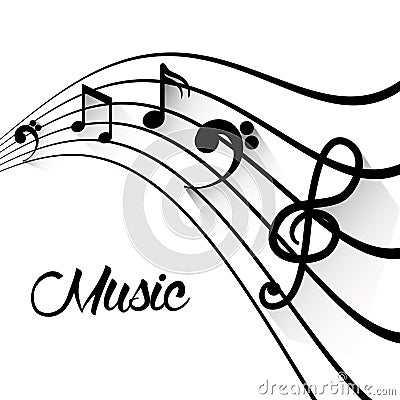Presented every year by APRA AMCOS and the Australian Music Centre, the Awards recognise achievement within the composition, efficiency, training and presentation of Australian art music. Musical messages discerned via information idea aren’t referential, yet Moles chose to explain the measurable parts within the sonic repertoire as symbols: every definable temporal stage represents a ‘symbol’ analogous to a phoneme in language.” In accordance with Moles, music should, as an artwork, obey rules; the role of aesthetics is to enumerate universally valid rules, not to perpetuate the arbitrary or merely traditional.

(Much hypothesis, nevertheless, was clearly directed towards that extra-restricted which means with which we are acquainted.) Music was nearly a department of arithmetic for the thinker Pythagoras (c. 550 bce), who was the primary musical numerologist and who laid the foundations for acoustics In acoustics, the Greeks discovered the correspondence between the pitch of a observe and the length of a string.
Among those that search and propound theories of musical meaning, essentially the most persistent disagreement is between the referentialists (or heteronomists), who maintain that music can and does seek advice from meanings exterior itself, and the nonreferentialists (who’re sometimes called formalists or absolutists), who maintain that the artwork is autonomous and means itself.” The Austrian critic Eduard Hanslick , in his The Stunning in Music (initially in German, 1854), was a strong proponent of music as an artwork of intrinsic principles and ideas, yet even Hanslick, ardent formalist though he was, struggled with the issue of emotion in music.
Solely the expressionists, amongst these talked about here, have been dedicated primarily to music, though Adorno, particularly, thought of music and musicians at all times in interplay with their environments The aesthetic idea of play is virtually absent, besides amongst such humanists as Maslow With Sartre , no much less a humanist, the tone was one among accountability.
A study published in 2007 by Christopher Johnson, professor of music education and music therapy on the College of Kansas, revealed that students in elementary colleges with superior music education schemes scored round 22 p.c increased in English and 20 percent larger in math scores on standardized exams, in comparison with schools with low-quality music programs, no matter socioeconomic disparities among the many schools or college districts.
